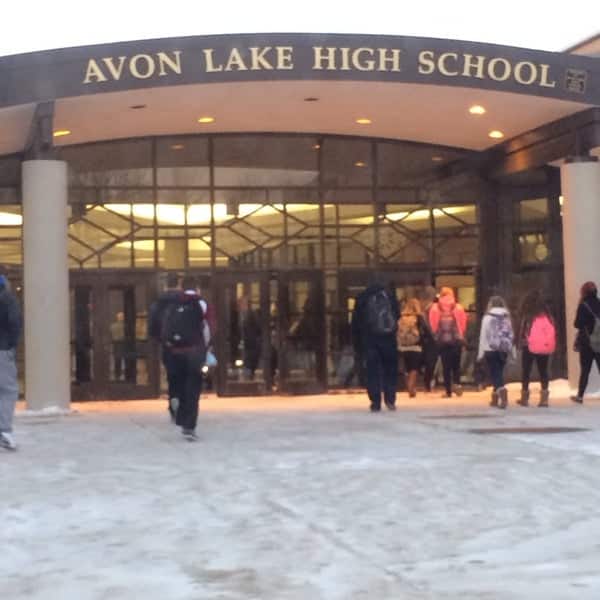A US school makes music lessons compulsory
OrchestrasAll middle-school students at Avon Lake High School in Cleveland, Ohio, are required to study music.
The school has just put on a performance of Vivaldi’s Gloria with full orchestra and 154 singers.
All is takes is a sense of tradition and staff dedication.
Read here.






Comments